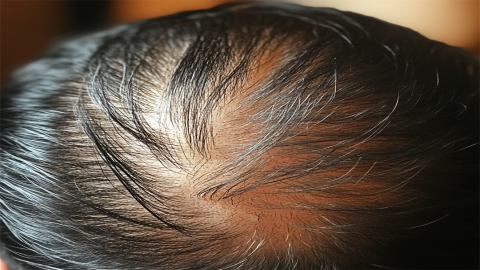Can trace elements help with hair loss?
Generally, trace elements may be helpful in preventing hair loss. If discomfort occurs, it is recommended to seek medical attention promptly. A detailed analysis is as follows:

Hair growth is closely related to various trace elements such as iron, zinc, selenium, copper, silicon, iodine, and vitamin D. For example, iron deficiency is common among female patients experiencing hair loss, especially those with telogen effluvium; zinc deficiency can cause hair loss, and hair regrowth may occur when zinc levels are replenished; copper deficiency can lead to dry and yellowing hair; and iodine deficiency may result in thinning hair. These trace elements play crucial roles in maintaining normal hair follicle function, and their deficiency can negatively affect hair growth, leading to hair loss. Therefore, appropriately supplementing trace elements under medical guidance can be somewhat beneficial for hair loss.
Hair loss may also be caused by various other factors beyond trace element deficiencies, including genetic factors, excessive mental stress, long-term sleep deprivation, malnutrition, scalp diseases, certain medications' side effects, autoimmune diseases, and excessive hair perming or coloring. Therefore, before supplementing with trace elements, it is important to identify the underlying cause of hair loss and ensure it is indeed due to a deficiency in trace elements, to avoid unnecessary supplementation.
In daily life, one can consume more foods rich in various trace elements, such as lean meat, animal liver, seafood, nuts, and leafy green vegetables.







